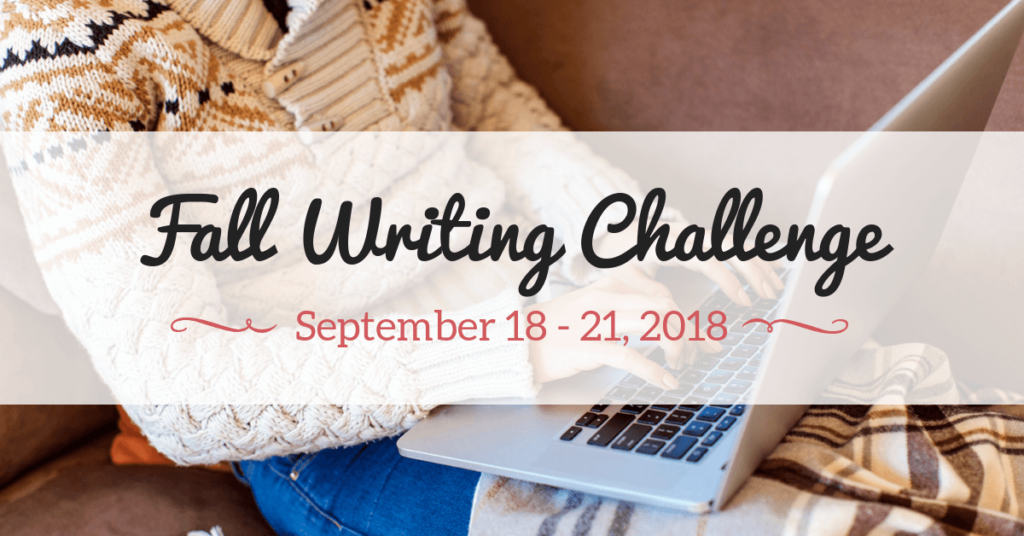Did academia make us forget how to write?
One of the members of The Academic Women’s Writing Collective posed this question to me, and it really made me think.
Our relationship to writing develops when we are young. The path is different for everyone, but many of us come to academia with at least some level of “like” for writing, and also some amount of writing skill. It would be rare to get to a doctoral program without that minimal affinity for writing.
Others of us (and this is where I fit), have had a lifelong love for writing in different ways. As a sixth grader I wanted to be a writer. I wrote short stories featuring my classmates, and dreamt of becoming a journalist (the only paid writing job my 12-year-old self could think of). I have always loved to write, and considered myself a good writer.
Writing for the wrong reasons
But our childhood reasons for writing–storytelling, expression–can become corrupted by the demands of writing in academia. In academia, writing becomes about proving that you belong. And as each piece of writing is critiqued and criticized, we can start to believe that we don’t actually belong.
Our childhood reasons for writing—storytelling, expression—can become corrupted by the demands of writing in academia.Click To TweetAs we journey farther into academia, this rhetorical purpose of “writing to prove yourself” gets more and more high stakes.
The real rhetorical purpose of the dissertation, for example, is not to report findings of original research (we would write academic articles for that). The real rhetorical purpose is to show that you deserve to become a colleague to your committee members.
When writing is about proving yourself in a community that is actively trying to weed you out, where is the joy? Where is the intrinsic motivation? The need to express? To communicate?
Tenure system screws us up
This use of writing as a test of membership into the academic community continues, and only gets worse. We jump onto the tenure track to become teacher-researchers, though we are often untrained as teachers. This means an extra time burden as we prep and learn to work with students.
We are expected to earn tenure based mostly on publications, while the majority of our actual day-to-day work involves teaching and service. Writing becomes an invalid assessment of our worth to the academic community, and that feels pretty awful.
The peer review process is also really about belonging. Not to say that peer review isn’t important–it really is!–but it has happened to all of us that we’ve received unhelpful reviews or unexplained desk rejects. And when the stakes for publishing more are so high, that can be devastating.
How to unlearn (and relearn) writing
If you are in a spot where you no longer like writing or feel like a writer, where the academic writing process is just getting you down, it is time to unlearn what academia has been teaching you about you and your relationship to writing.
This unlearning process is completely psychological. It involves mental work and commitment on your part, but it is SO worth it.
Here’s why: If academia has made you forget how to write, or why to write, to the point that you just don’t do it anymore, then the world has a problem.
Because you have a unique perspective on your field that needs to get out there.
If academia has made you forget how to write, or why to write, to the point that you just don’t do it anymore, then the world has a problem.Click To TweetSo it’s time to unlearn what academia has taught you about writing. Here’s how:
Step 1: Identify your writing stories
First, we’re going to list out the stories you’ve been telling yourself about your writing. These are all the messages that come up when you sit down to think about your writing. For example:
- “I don’t know how to write.”
- “I have nothing new to say.”
- “This is going to get a desk reject.”
- “I’m a bad writer.”
- “I don’t have time to write.”
Write it all down, all those voices in your head telling stories about you and writing.
Step 2: Flip the script
Now take each story and literally flip it on its head. Write exactly the opposite.
- I don’t know how to write→ I know how to write.
- I have nothing new to say→ I have new and important things to say.
Now each time one of those old, negative stories comes into your head, you need to repeat your new story.
Step 3: Reprogram
We have thousands of thoughts per day. Changing our default thoughts takes diligence. Try writing your new writing stories on a paper and hanging it up on the wall, or setting an alarm on your phone and reading your new stories aloud to yourself several times per day.
When your old stories come back, try shooing them away with a phrase like “not helpful.” If you have to say it out loud, do it!
Do whatever it takes to relearn that relationship to writing. If you were a writer as a kid, remember the reasons you wrote then: You had a story to tell, a message to communicate, something to say! Connect with that kiddo and honor her and her human need to communicate. You can find her again–and believe her that you have something important to say.
Relearning Writing as an Academic
If academia has pulled you away from writing, and you feel like you just don’t have the energy or time to do it (but you know you need to), then join my free Fall Writing Challenge, starting September 18th. I’ll be giving you four days of strategies to implement that will change your relationship to writing, for the better!







